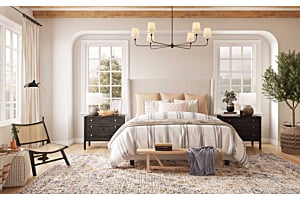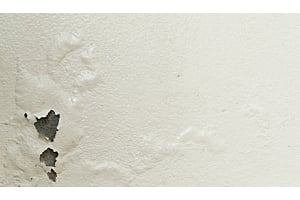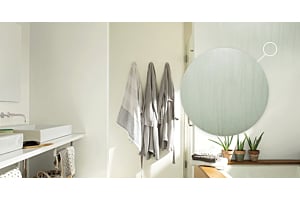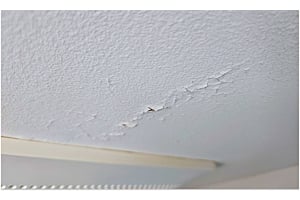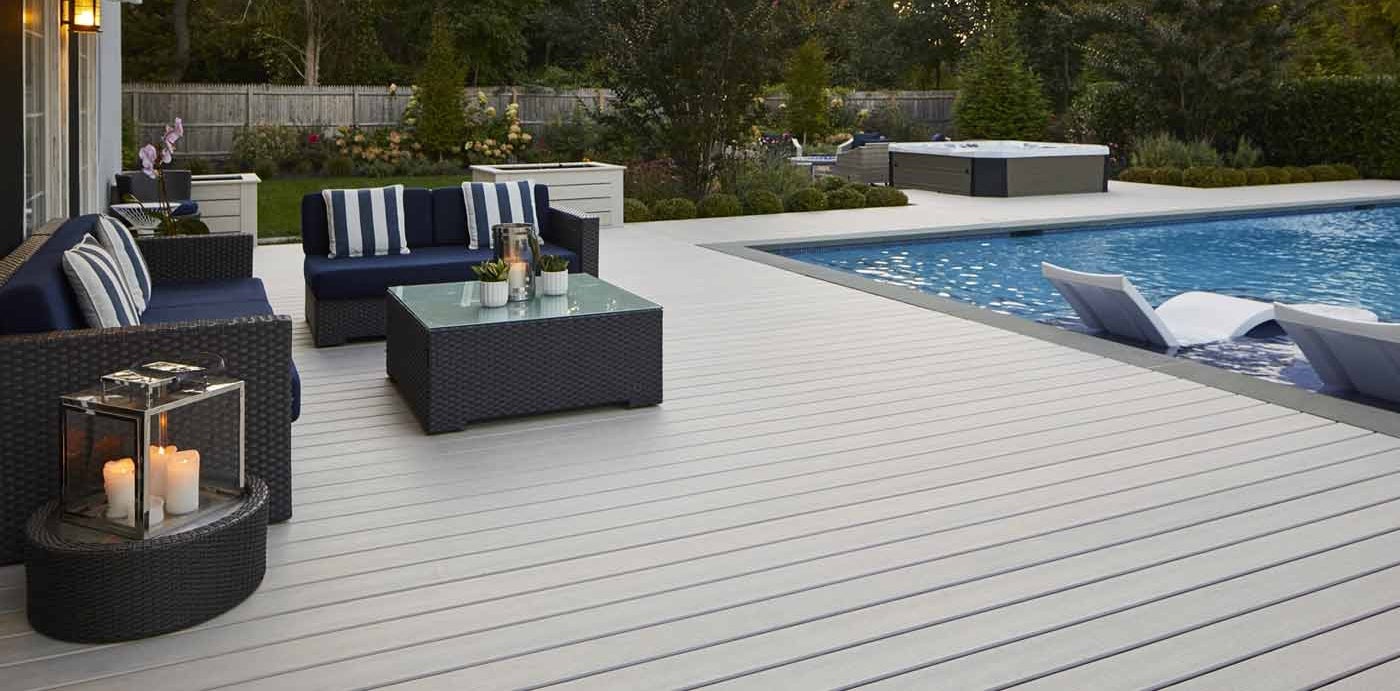
Whether you plan to add a new pool or renovate your existing pool area, you’ll be shopping for pool decking options. The decking around a pool helps it to blend with the landscape and provides a safe surface for wet feet. In-ground pools are often surrounded by solid surfaces like concrete or stone, but synthetic materials like composite decking are quickly becoming popular. For above-ground pools, a raised deck made from wood, composite or PVC deck boards is the most common solution.
In this guide, we'll look at the most popular pool decking materials and consider the pros and cons of each. Read on to find out the best pool decking for your project!
Important Pool Decking Features to Look For
The main purpose of pool decking is to provide a safe walking surface around the pool, with space for dining or poolside lounging. Decking material must feel smooth on bare feet, with a textured surface so it won't become slippery when it gets wet. The best materials won't absorb a lot of heat from the sun, for a cooler surface underfoot.
Here are the most important features to consider for your swimming pool deck:
- Slip-Resistance: Surfaces should be smooth to the touch, but provide enough grip for wet feet. Synthetic materials like concrete pavers and composite deck boards are engineered with texture for a safe poolside surface. Other materials may require a non-slip coating that must be re-applied regularly.
- Surface Temperature: All pool deck surfaces absorb heat from the sun, and they can get hot enough to burn bare feet. Synthetic decking products like TimberTech Advanced PVC decking use technology to keep surface temperatures up to 30 degrees cooler.
- Maintenance & Lifespan: Low-maintenance pool decking materials are far more cost-effective over the life of the deck. Most pool decks require regular scrubbing to remove dirt, pollen, and mold; but additional maintenance will vary for different materials. For example, a PVC deck requires only an annual pressure washing; but a concrete pool deck needs regular scrubbing with a professional re-coating every few years. Since a well-maintained pool can last 30-50 years, it's smart to choose a pool deck material that will last for decades.
- Investment: When planning your pool deck budget, several factors impact the final cost including the materials, installation, ongoing maintenance expenses, and the lifespan. For example, stone is more expensive than concrete. But if you choose decorative concrete (which has higher labor costs), concrete may not be the cheaper option. Composite deck boards are a higher-priced material than natural wood decking, but the reduced maintenance cost and extended lifespan save money in the long run because it won't need replacing.
The Best Decking For Low Maintenance
Once you’ve decided on the features that are most important to you, it’s time for an in-depth look at decking materials.
PVC Decking
A raised deck made with wood, composite or PVC deck boards is the most popular pool decking solution for above-ground pools. Because they require so little maintenance, synthetic deck boards are being used more frequently around in-ground pools as well.

PVC decking is a synthetic product that’s made from a combination of recycled and new plastic polymers. The polymers in PVC deck boards create the most realistic wood looks, in a broader range of colors than any other decking material. Early versions of PVC decking had issues with wear, heat buildup, and slippery surfaces. However, TimberTech by AZEK solved these problems by improving the polymers and adding natural wood surface textures for slip-resistant boards.
PVC is extremely long-lasting, impervious to insects, and mold-proof since it contains no organic material. PVC boards are also cooler in summer than most other decking products. While it's an expensive option, PVC is also very cost-effective because it lasts for decades; TimberTech Advanced PVC includes a 50-year Fade & Stain Limited Lifetime Warranty.
Composite Decking

Composite decking boards are made from a combination of recycled plastics and wood fibers. Unless they have a polymer cap layer, composite deck boards can be prone to fading, mold, and moisture damage over time. TimberTech solved this problem with capped composite boards that resist moisture and are protected from UV rays. Their four-sided capped composite decking incorporates Mold-Guard technology for superior performance.
Composite decking’s unique manufacturing process allows for a wide range of colors and wood grain effects. TimberTech Composite decking contains up to 80% recycled materials, is insect-proof, and has a 25-30 Year Fade & Stain Limited Lifetime Warranty.
Because composite decking is so long-lasting, pool owners agree it is worth the extra expense.
Wood Decking
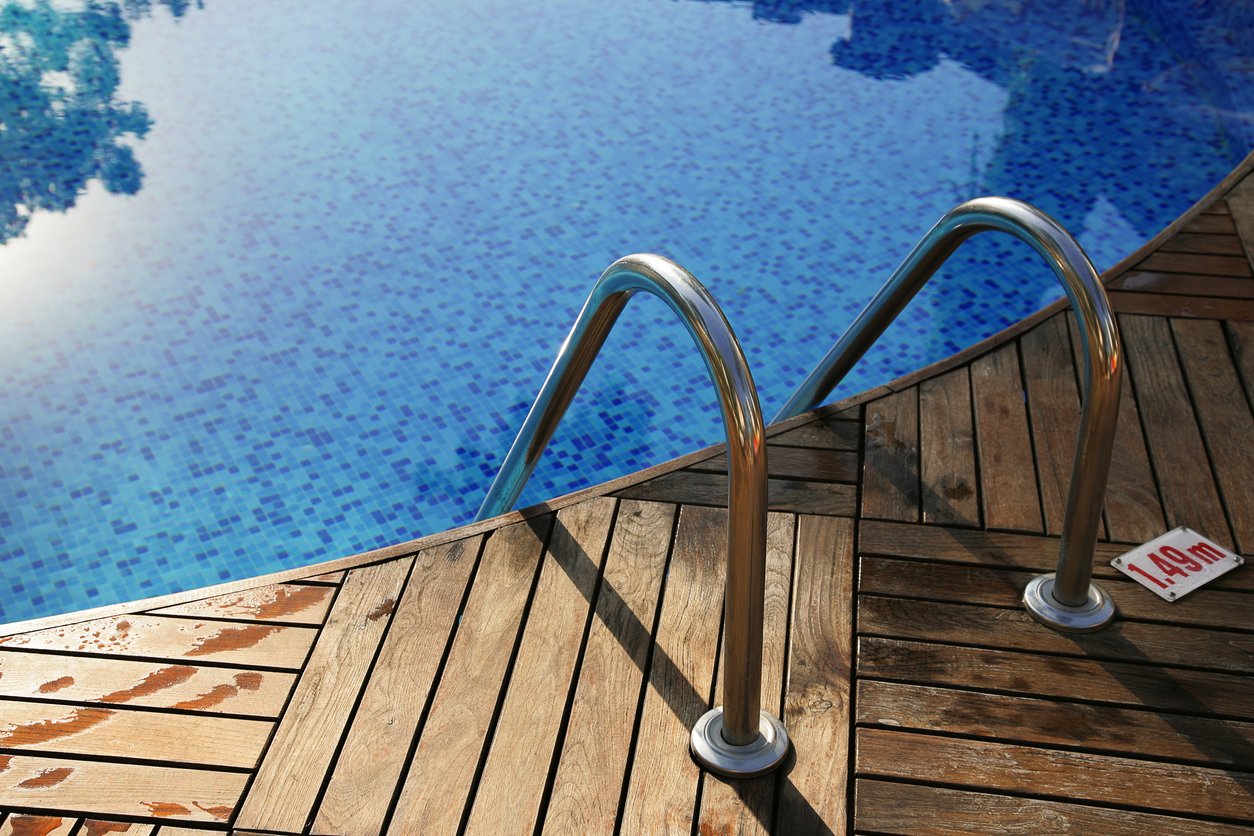
Wood decking is particularly popular among homeowners who have above-ground pool decks; a wood deck is affordable and fairly easy to build. However, wood requires frequent maintenance to prevent weathering, splintering, and mold growth that can make surfaces slippery. Annual pressure washing and sealing removes dirt and mold and protects the wood from harmful UV rays. The average lifespan of a wood deck is 10-20 years, making it one of the least cost-effective decking materials.
Stone Pavers
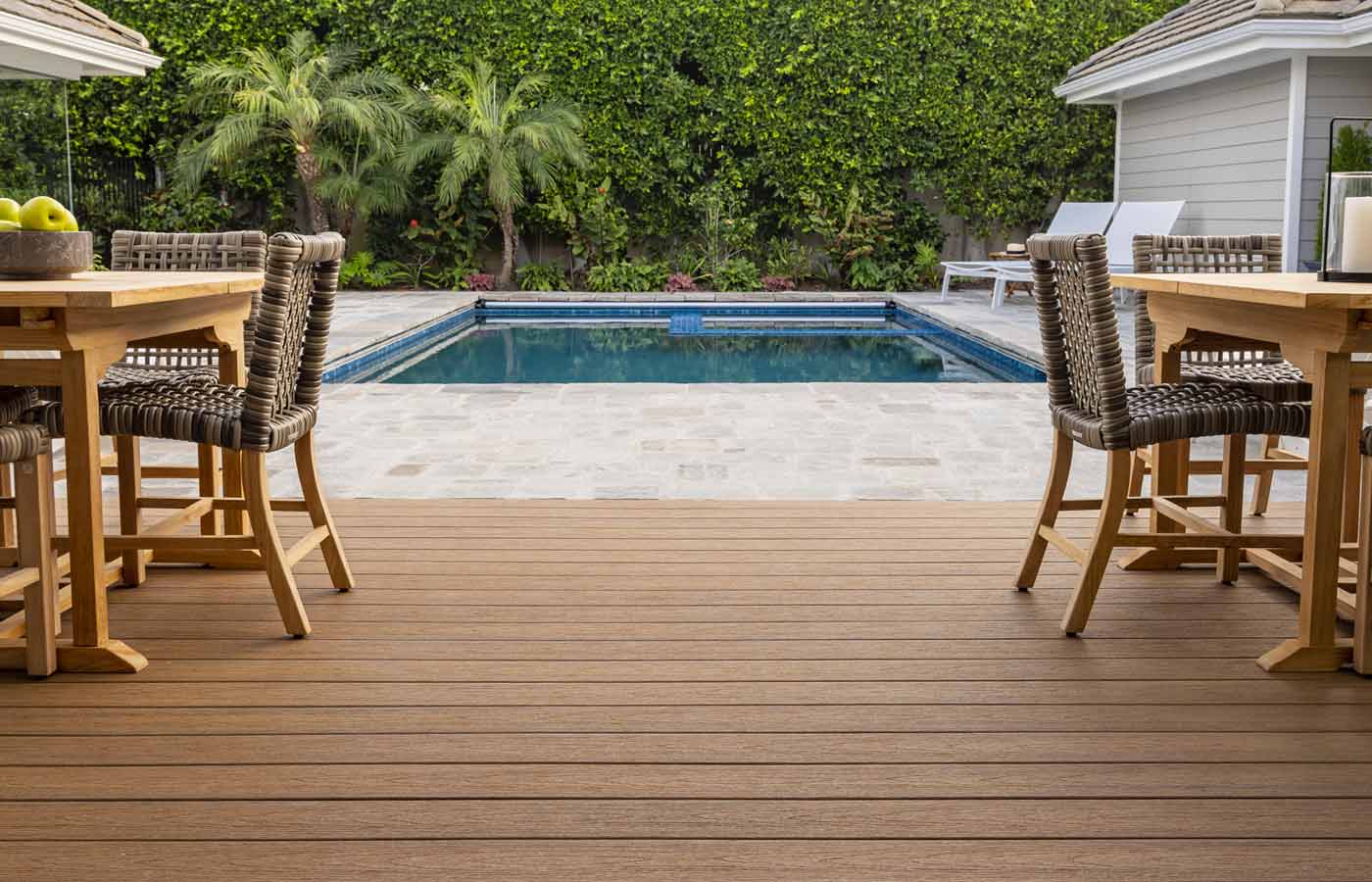
Stone pavers or flagstones provide a natural look for the patio and landscaping. With proper maintenance, they can last a lifetime. While the natural texture of stone makes it slip-resistant, a wet environment supports mold and moss growth, which can make it very slippery. Regular pressure washing is required. Stone also absorbs heat, so even light-colored pavers offer little protection on hot summer days. Because they need to be installed on prepared ground, stone pavers are not suitable for above-ground pools.
Prices for stone pool decking will vary depending on your location and the type of stone, but stone pavers are definitely a high-end material and can pair beautifully with a variety of other outdoor living materials.
Brick
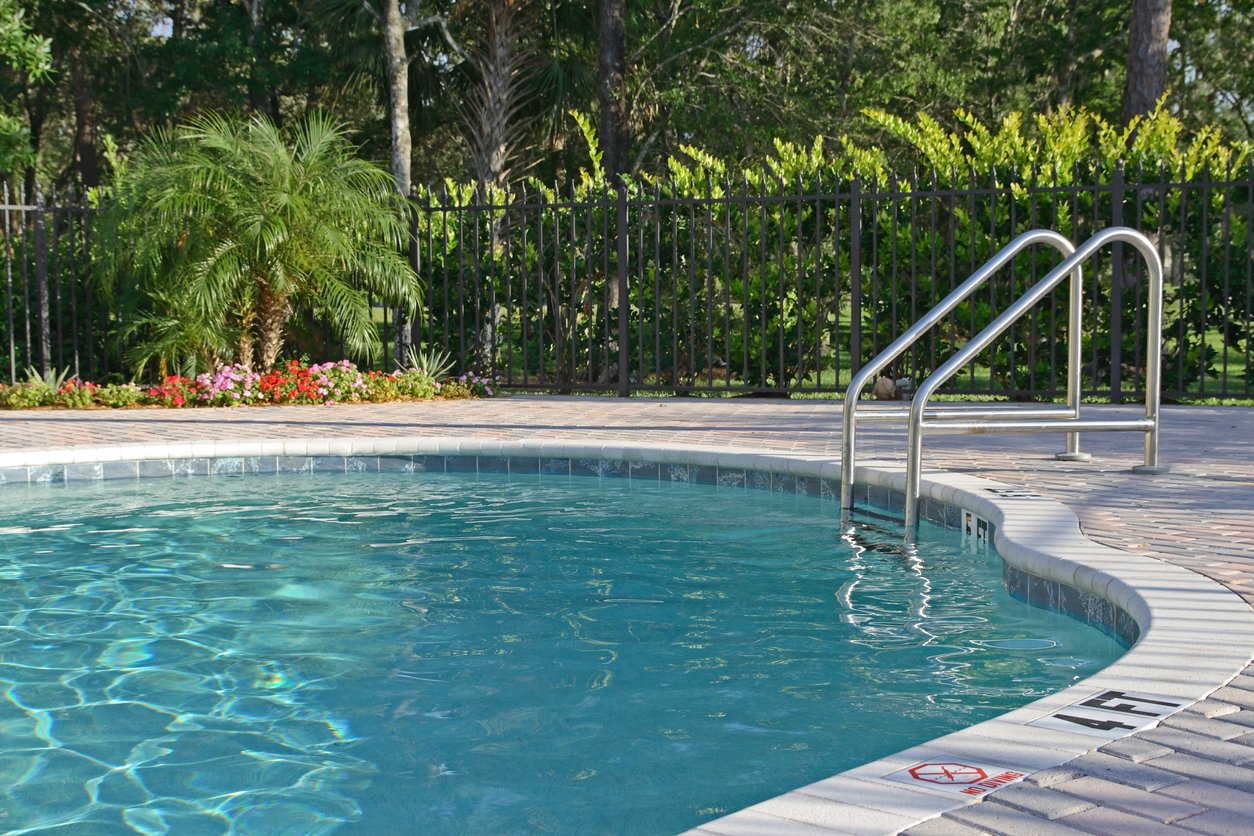
Brick is another high-end option that's great for traditional-style homes and offers a large variety of colors and design ideas.
A brick pool deck is slip-resistant and provides excellent drainage since it's installed on a bed of sand. A durable material that can last a lifetime, brick is labor-intensive to install. Since it retains moisture it may grow moss and mold which can make it slippery; over time, the bed can shift and weeds can take root. Regular maintenance and weed control are important, making brick one of the more expensive materials in the long run. Also, dark bricks will absorb heat on a hot summer day.
Tile
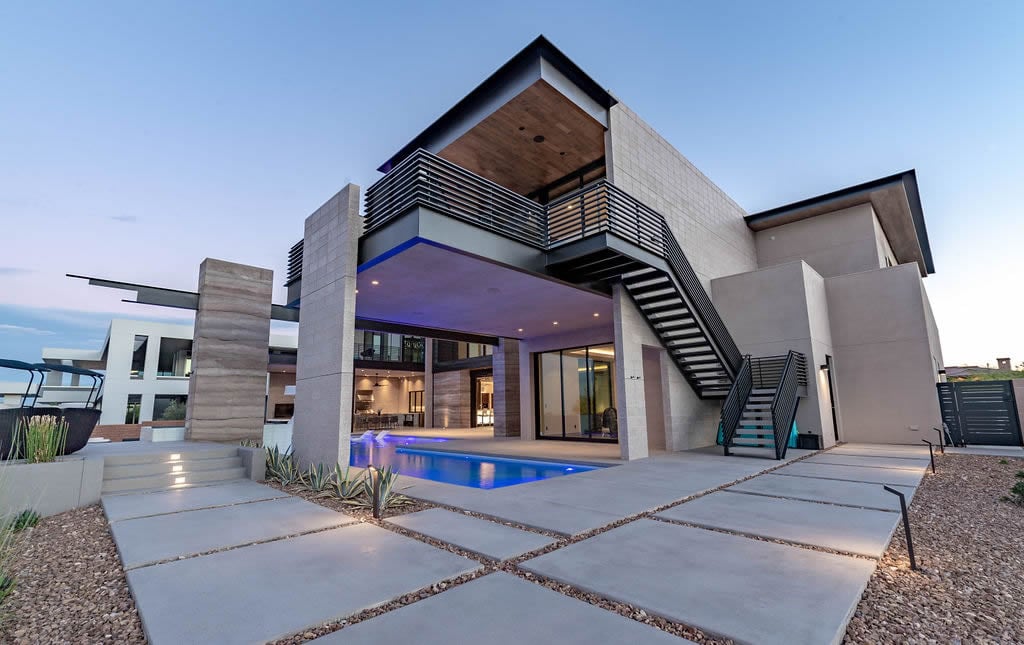
Tile is a popular pool deck material, but require a slip-resistant variety or an abrasive sealing to be safe when wet. Unglazed terracotta or Saltillo tiles are an affordable option, but they're not suitable for cold climates. Porcelain outdoor tile is engineered to withstand freezing temperatures, and available with slip-resistant surfaces designed for swimming pool areas. Tile pool decking is a favorite of architects and designers, because it allows for a seamless transition between indoors and out. Outdoor tile is available in several price ranges, so it can be an affordable option.
Decorative Concrete
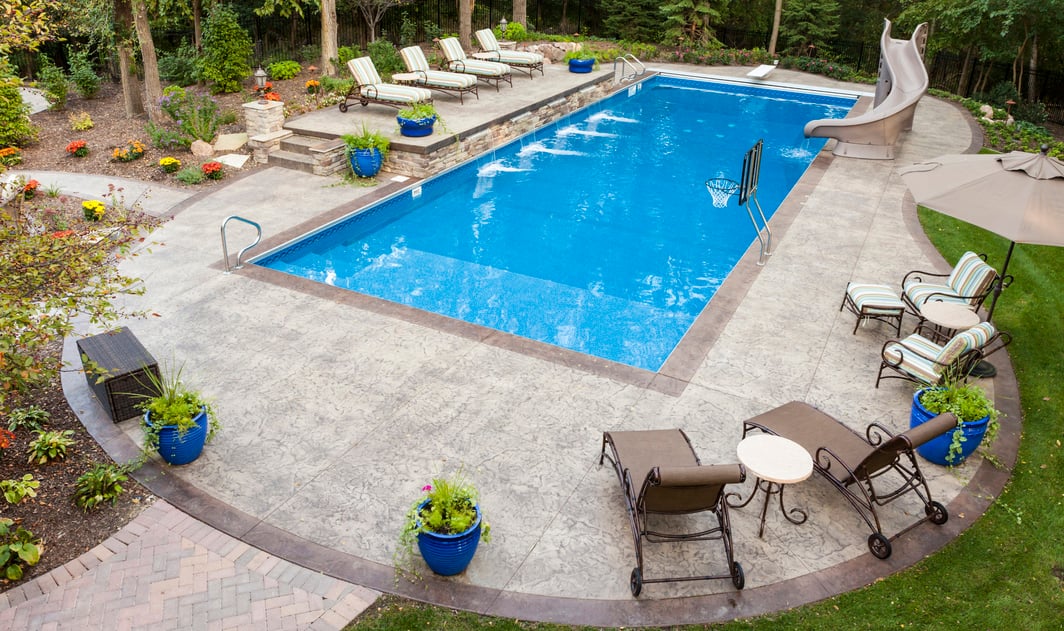
Stamped or decorative concrete is popular with pool owners because it's durable and more affordable than stone. Concrete can be formed into any shape, either at ground level or on a raised foundation for an above-ground pool. Decorative textures, custom colors and molded accents help to make stamped concrete resemble natural stone or brick. Installers can mix in aggregate stone or create a textured surface to provide slip-resistance. Coatings are available that reduce heat absorption for lower surface temperatures.concrete at the proper locations so that the concrete cracks along these lines.
A concrete pool deck does have some maintenance concerns, however. Cracking can occur if joints are not properly placed or if the foundation shifts. Concrete must be pressure washed and a sealer applied regularly to keep it from fading and weathering. However, because it's affordable and extremely durable, decorative concrete is probably the most popular pool decking material.
Concrete Pavers
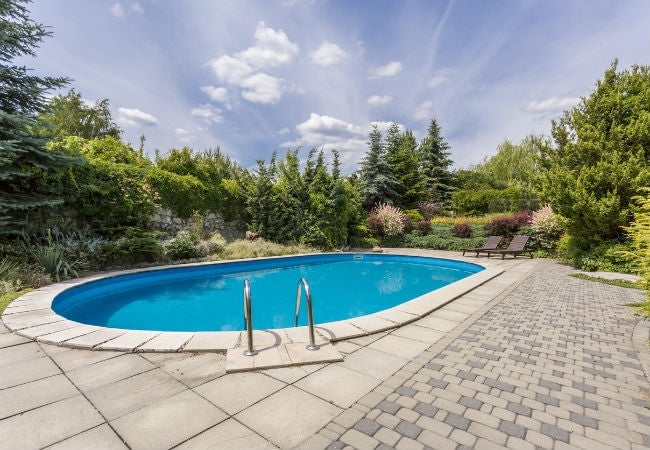
Precast concrete pavers are patio bricks made from concrete. Like brick, they provide excellent drainage and are installed on a bed of sand. They also offer the same slip-resistance as poured concrete. For DIY projects they are a low-cost alternative to stamped concrete. Concrete pavers come in a variety of shapes, as well as styles and colors that mimic stone.
Like brick, concrete pavers need regular maintenance to prevent weed growth. If freezing and thawing causes the bed to shift, pavers can move or sink, creating a tripping hazard. Interlocking pavers can help prevent movement over time. Like poured concrete, pavers absorb heat, so they can get very hot in summer. However, concrete pavers are an affordable way to create a durable, low maintenance pool deck design.
As you can see, there is a lot to consider. Stone and concrete must be sealed, repaired and periodically resurfaced; wood decks need annual maintenance and repair. Porcelain tiles offer a sleek, modern look that’s low maintenance. Composite decking and PVC decking products may cost more up front, but they last for decades with only annual cleaning for upkeep, and are exceptionally moisture and heat resistant.
Choose TimberTech for the Ultimate Pool Deck Makeover
Here at Ring’s End, we offer an unparalleled selection of building materials both in-store and online. We’re proud to offer TimberTech products, because we know that homeowners have confidence in their 25-50 year product warranty. To learn more about our selection of TimberTech composite decking options, check out our product guide.
In addition to the expertise provided by our Ring’s End sales representatives, an architect or designer is a great help when planning a custom pool deck. They can supply creative design ideas, produce a deck design that meets local building codes, and provide plans for the contractor. With thoughtful attention to color and some expert help, your new decking will be a stunning addition for all to enjoy.
Visit a Ring’s End store near you for free color samples, and professional help with planning, pricing and delivery.
Pool Decking Materials FAQs
What pool decking material does not absorb moisture?
PVC decking and composite wood are both water-resistant materials, so there’s no need to worry about mold, mildew, or rot associated with traditional wood and other absortive natural materials like stone and brick.
What is the coolest pool deck material?
TimberTech Advanced PVC decking is engineered to be one of the coolest pool decking materials available on the market, even in direct sunlight.
All deck surfaces get hot in the sun because they absorb and retain heat, but TimberTech PVC decking features advanced materials in its boards that resist heat and make it cooler to the touch than natural materials and other composite decking products.
What is a good color for pool decking?
Light colors reflect heat, which helps to keep the surface cooler. Dark colors absorb heat and can get uncomfortably hot on bare feet.
Light gray, white or beige decking in either PVC or composite decking will reflect sunlight and retain the least heat. Light colors in TimberTech Advanced PVC decking stay up to 30° F cooler to the touch than competitive products.


